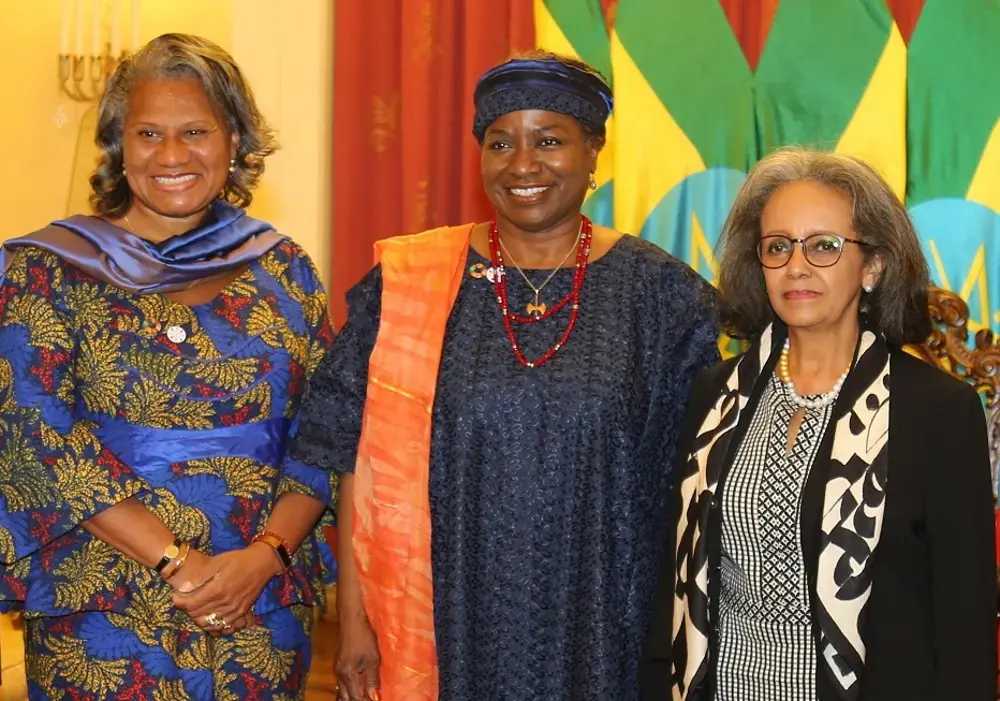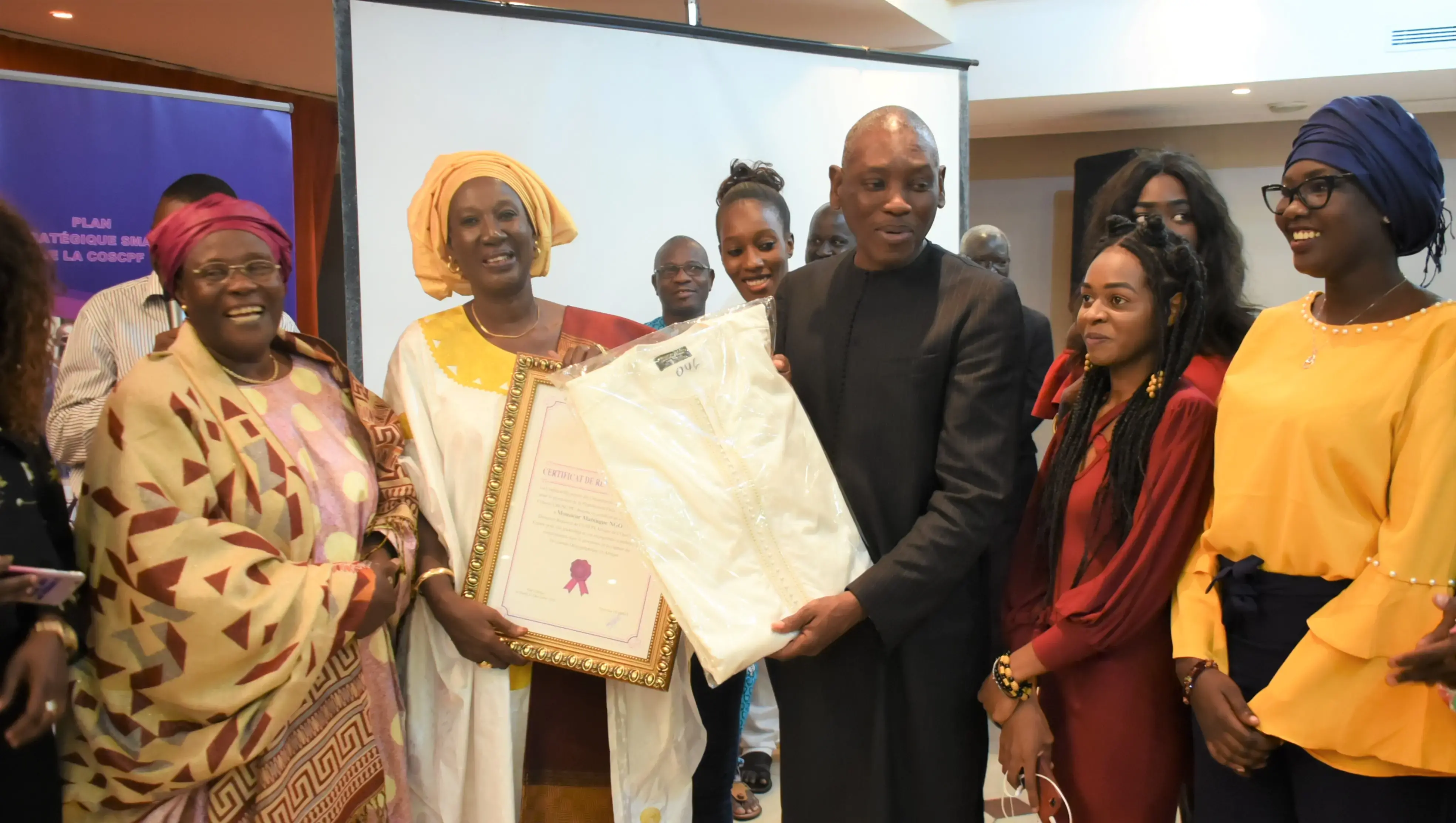ADDIS ABABA, ETHIOPIA – Countries that have the greatest need for family planning are at the forefront of global progress to expand access to contraceptive information, services and supplies, according to a new progress report released by Family Planning 2020 (FP2020) at the 2013 International Conference on Family Planning (ICFP).
Also at the conference, five governments – Benin, the Democratic Republic of Congo, Guinea, Mauritania and Myanmar – announced major new national family planning pledges.
More than 70 countries, donors and civil society organizations have now pledged collectively to reach by 2020 an additional 120 million women and girls in the poorest countries with voluntary access to family planning. This goal was initially agreed to at the London Summit on Family Planning in July 2012, and has since galvanized unprecedented political and financial commitments to reinvigorate global family planning efforts.
“Over a year ago in London, the global community declared women’s health and well-being an urgent priority. Today, we are seeing words translated into action,” said Dr. Babatunde Osotimehin, Executive Director of the United Nations Population Fund, UNFPA and Co-Chair of the FP2020 Reference Group. “What’s most encouraging is that the countries taking the greatest steps toward improving access to modern contraceptives, including through increased domestic resources for family planning, are the countries where family planning choices have been the most limited.”
National plans, donor resources, civil society partnerships underpin progress
The new national family planning pledges announced at ICFP 2013 focus on policy, financial and service delivery commitments that are critical to increasing access for more women and girls. These include:
- In the Democratic Republic of Congo, the government will use domestic resources for the first time to purchase contraceptives.
- In Guinea, funds will be used to recruit thousands of health workers who can deliver family planning in rural areas, as has proven successful in other countries like Ethiopia.
- Myanmar will implement a monitoring system to strengthen quality of care and ensure women have a full range of contraceptive options.
- Beginning in 2014, the government of Mauritania will commit to allocating health commodity security funds for family planning and, along with its partners, commit to mobilizing additional resources for the implementation of its national family planning action plan.
- By 2015, Benin will ensure that modern methods of contraceptives are available without cost and that reproductive health training is provided for adolescents and youth.
Countries currently make up one third of the more than 70 commitment-makers to FP2020. Progress is being led by national governments, in collaboration with civil society organizations, service providers, advocates, industry leaders and experts. One quarter of FP2020 commitment-making countries have launched detailed, costed national family planning plans. One third of commitment-making countries have increased their national budget allocations for family planning services or supplies.
At the London Summit, donors and the private sector pledged a total of US$2.6 billion in new funding toward family planning, and preliminary data from the Kaiser Family Foundation indicate an increased level of donor disbursements to family planning programs over the past year. The governments of Norway and the United Kingdom have already budgeted increased levels of funding for family planning in 2013.
“Donor governments are supporting what they know to be true: giving women and girls access to lifesaving contraceptives allows them to create opportunities to improve their own futures and those of their families, communities and countries. This is the singular truth that propels FP2020 forward,” said Valerie DeFillipo, Director, FP2020.
FP2020 measurement and evaluation framework established to monitor and guide progress
In its progress report, FP2020 lays out a new framework for family planning monitoring and evaluation. The centerpiece of these efforts is a set of indicators to help track country progress, inform decision-making and determine the degree to which people’s needs are met. FP2020 has established critical baseline data against which progress will be measured on an annual basis. FP2020 will also identify and collect data on additional indicators to measure concepts around informed choice, autonomy and the extent to which family planning programs are implemented in accordance with human rights principles.
“Better measurement tools will capture data in real time to track progress and help identify gaps in reaching women with contraceptives that meet their needs,” said Dr. Chris Elias, President of Global Development, Bill & Melinda Gates Foundation, and Co-Chair of FP2020’s Reference Group. “This critical information will help countries improve their family planning services.”
FP2020 plans to report its first monitoring and evaluation results in 2014 by making use of the latest technology, including surveys on mobile devices, to supplement traditional methods of tracking family planning progress. These new data collection techniques are currently being tested in Ghana, and additional pilots will begin in the Democratic Republic of Congo, Ethiopia, Kenya and Uganda.





